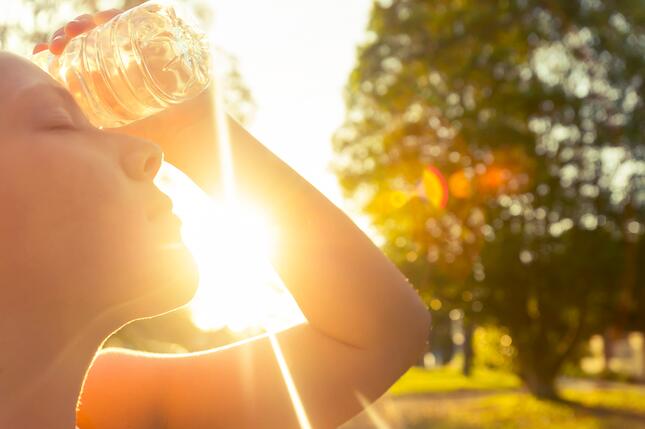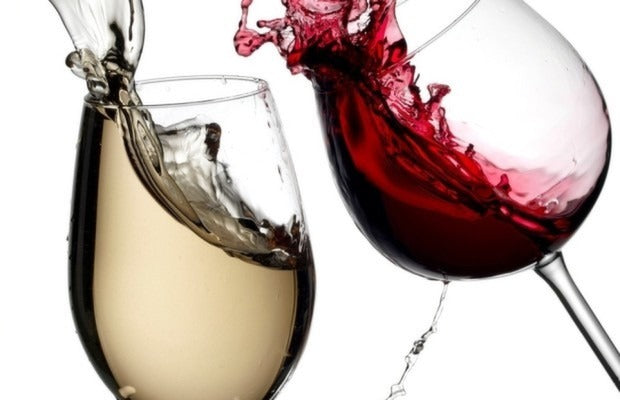News
Sleep apnea and alcohol
wp:paragraph Many of you may enjoy relaxing with an alcoholic beverage at the end of a long day. Just like many of you may enjoy going to occasions and gatherings where there is an abundance of alcoholic beverages present. /wp:paragraph wp:paragraph It’s something that’s naturally a part of our lives, but have you ever thought about how this could affect your sleep apnea? /wp:paragraph wp:paragraph Many of you may have experienced a terrible night’s sleep after drinking too much. Having too much to drink before bedtime can lead to many symptoms such as insomnia, snoring, headaches and nightmares. And let’s not forget the negative “morning after” effects of too much alcohol, combined with a poor night’s sleep, including fatigue, nausea, drowsiness and more. So it is really worth it? /wp:paragraph wp:paragraph Alcohol and sleep apnea have a very strong link to each other as alcohol can affect your sleep routines in a negative way. Successful sleep apnea treatment and CPAP therapy rely heavily on routine. Going to bed and waking up at the same time each day is crucial, as is getting a consistent amount of sleep every day. /wp:paragraph wp:paragraph It’s one thing to have one or two drinks early in the evening (such as a glass of wine with dinner), but having too much more than that can be harmful to your sleep cycle. And while drinking too much may make you feel more tired come bedtime, it can cause insomnia and more frequent episodes of snoring and breathing problems as you sleep. Alcohol has also been known to cause your breathing to become more slow and shallow and relax your airway too much, which could worsen your sleep apnea symptoms. /wp:paragraph wp:paragraph For this reason, sleep apnea patients are best to avoid any alcohol a few hours before bedtime. If you do slip up and are thrown off your sleep routine for one night, it is very important to get right back on track the next day. /wp:paragraph wp:paragraph All in all, it is not worth it to throw away one night of valuable CPAP therapy over a few too many drinks. Be sure to plan carefully when out at a party or a gathering and know what your limit is and when to say no. /wp:paragraph
about Sleep apnea and alcoholAlcohol and Sleep- What you need to know
If you think that just one beer or wine will help you fall asleep at night after a long day, think again. While it’s easy for people to nod off after a few drinks, alcohol actually has negative effects on your quality of sleep. It is estimated that over a third of adults have used alcohol as a method to help them fall asleep at least 3 times a month. Insomnia is common among many adults and there are ways to sleep easier at night without the negative effects of alcohol. Here are four ways that alcohol can mess with your sleep: It can affect how deep your sleep is: rapid eye movement (or REM) is a stage of sleep where people dream. Researchers call it the “mentally restorative” state of sleep. Alcohol affects this by interfering with REM stage, so you are not getting as deep of a sleep as you would without alcohol in your system, and it has also been known to induce nightmares. This makes you feel exhausted the next day, and let’s face it, nightmares will not help you get a good night’s sleep. You will find yourself waking up frequently throughout the night: alcohol makes you feel dehydrated as it encourages the body to loose extra fluid, so you may be running to the toilet in the middle of the night a few times, which is never any fun. It makes you snore loudly, even if you have never snored before: alcohol relaxes the muscles in your body, which also means that your breathing patterns will not circulate properly, which means you are likely to snore Alcohol shortens the length of time that you sleep for: as mentioned above, that important “REM” stage of sleep that is affected when you drink will also cause you to wake up after only a few hours of sleep. As the alcohol starts to wear off, your body will easily go out of that deep sleep cycle you may think you’re getting and it will cause you to wake up easily too, thus affecting your quality of sleep The bottom line is this; alcohol should not be used as a method to fall asleep. There’s nothing wrong with wanting a drink or two at the end of a hard day, but be sure to quit a few hours before it’s time to go to sleep. See your doctor if you are having trouble sleeping and need help. Improve Your Sleep with the Right CPAP Mask
about Alcohol and Sleep- What you need to know
